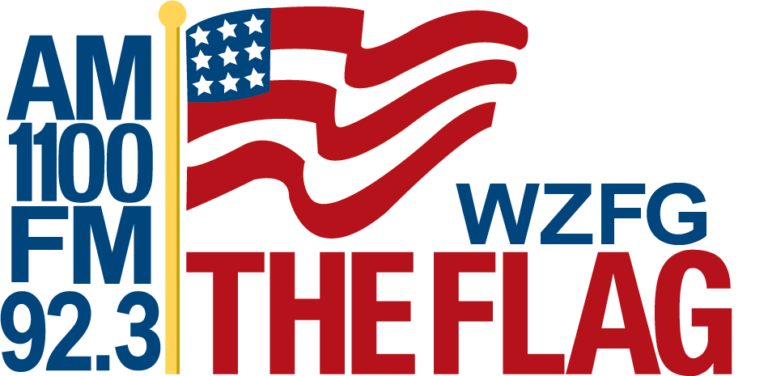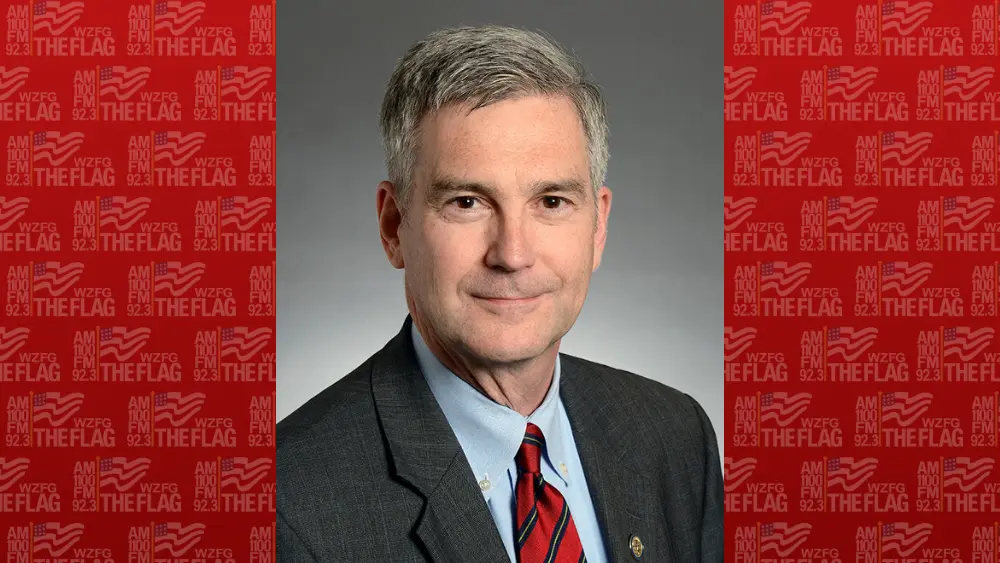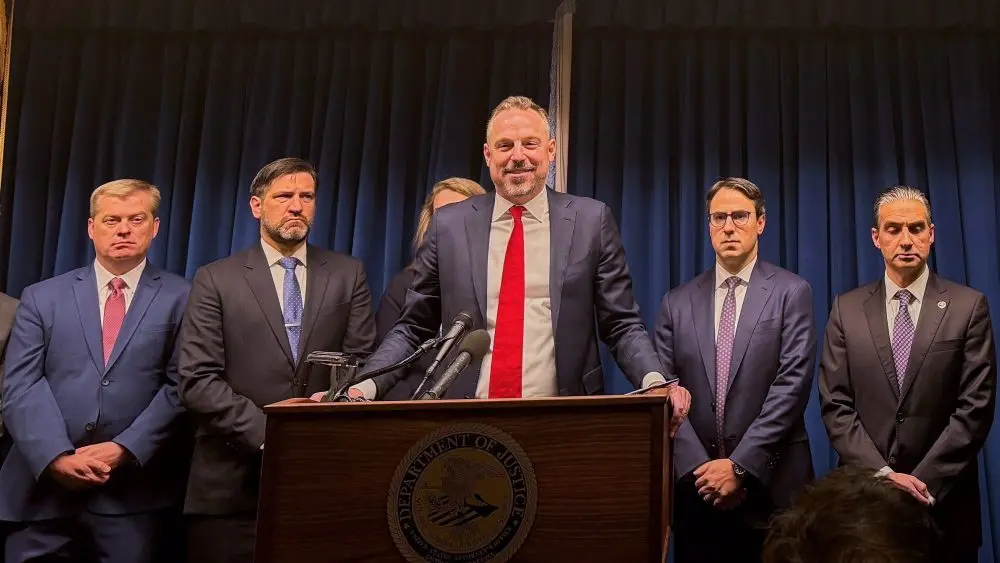Steve Hallstrom
Special to The Farmer
The North Dakota state legislature’s biennial session has come to an end. The session came to a close in the early morning hours of Sunday April 30 th after more than 530 bills were signed into law. Two District 26 lawmakers say the session was a success and that residents of the district were well-served. Representative Jeremy Olson (R-Arnegaard) told the Farmer “I got onto 2 really good committees, finance and tax and energy and natural resources. Both of those committees had a lot of positive impact for the western counties, in particular McKenzie and Dunn Counites…Positive legislation on energy and agricultural bills that came through, and tax relief for different farming methods as well as energy policy so I was very fortunate to be in the position to participate in those.”
Regarding energy legislation, Olson says a bill to restimulate old oil wells will benefit the area economy as well as create future tax revenue for the state. The bill creates a designation for aging wells that would prevent them from being permanently shuttered if they are deemed fit for future use or renovation. The bill would also reduce the oil extraction tax to 2% for a refurbished well’s first 75,000 barrels of production, or for the first 18 months of production, whichever comes first. After that, the tax would go back to the full 5%.
“Some of these Bakken oil wells are getting older and when it stops producing it goes into a temporarily abandoned status. These wells are an $8-million-dollar investment and the infrastructure is still very sound; it’s just not producing well right now. But in the next 10-15 years the Bakken will go into a new phase called secondary recovery, where we’re going to be putting more C02, water, or other types of materials back into the ground to enhance the oil recovery and get more oil out of the Bakken. But if we plug those wells now, we won’t be able to use them later, so this bill allows the Industrial Commission to
have an enhanced oil recovery status on a lower producing well so that in the future when the tech is there, and the infrastructure is there, we can breathe new life into those wells and produce a lot more oil from them. It’s not a today thing or a next year thing; we probably won’t see the benefits of this one until 10-15 years from now but it’s very forward looking because our energy industry is always evolving, and the tech is always getting better.”
Senator Dale Patten (R-Watford City) agrees. “Every oil well out there, at a certain point of its life, the economics determine whether it gets shut in or extended, and the technology is advancing all the time. The intent of this bill was to allow the well to be put in a status where they didn’t have to plug it yet while the technology and the opportunity to invest catches up a little bit.”
Some Democrats argued that the oil companies are profitable enough to manage oilfield operations without state subsidy. Patten says that doesn’t keep the state attractive to future investment. “The industry makes the decision about where they can get the best return for their dollar and in this case, they were shutting the wells in and drilling new ones. Now our intent there was by foregoing a little bit of oil tax revenue and allowing a longer period of time, the state will benefit. Right now they don’t have a choice; if they don’t invest in it many times they’re going to shut that well in. Our reaction is we can change the economics of it with the bill language and then the industry will do it. (Opponents say) they should make a poor financial decision and do it. Plus if we can extend the life of these wells, it provides additional money to royalty owners.”
As for agriculture, Olson sees a couple of wins. First, legislation that allows for tax rebates and incentives for automation in the ag sector. Plus, what supporters say is a commonsense approach to agriculture that will allow a version of corporate farming.
“This was a policy that was a couple years in the making. This wasn’t something that was just thrown out. They got a lot of the ag players involved from the beginning. The Cattlemens’ Association, Farm Bureau, Farmers Union; they got all the major players involved in the writing of it and they put enough safeties in place so that you’re not going to have an out of state entity taking over something. For example, if you wanted to put in a feedlot or hog farm and you don’t have the $10 to $20 million it takes to do it on your own, with this new bill you can partner up with some of your neighbors who might have the same interest and you can work together form an LLC and go into business together. Current law you can’t do that. And it also allows for investors in-state or out-of-state to invest in it, but the biggest part of it is, it has to be a North Dakota resident, actively involved in the farming, who is in charge of it. I think there are a lot of safeties put into it to make sure there are no bad actors involved in this.”
The legislature was dominated by Republicans, who held 43 of the 47 Senate seats and 82 of the 94 House seats. The session may be most remembered by a $515 million tax cut that eliminated state income taxes for the lowest earning North Dakotans and reduced taxes for all other taxpayers. The
state went from 5 brackets to three. Senate legislation pushed property tax cuts while the House largely favored income tax breaks.
Patten says the legislature got it right in the end. “I was on the conference committee…and on the income tax side when we went from 5 brackets to 3, and then lowered them, everyone showed a benefit, and if I saw it right, 3 out of 5 North Dakotans will probably have no income tax liability. So the
benefit to the lower and middle income will be big and the value percentage wise most was directed toward the lower income earners. I think we found a way to direct as much of the tax relief as possible to people that live in North Dakota. When we looked at a mill levy buydown, that would benefit all the
property owners in North Dakota, but that includes a lot of people who don’t live in North Dakota. It also includes all the income-earning property as well and when you do that, the benefit gets to be pretty thin.”
“I think we got a fair balance,” says Olson. “In the House, we wanted a flat tax and in the end I think we had a pretty good balance. I’m of the opinion that the best tax break is not to take your taxes in the first place. Anything else is just going to be a redistribution from another pot.”
Olson says the tax package wasn’t what generated the most feedback from home during the session, however, it was the social issues.
“We passed the biggest tax breaks in the history of North Dakota, but you don’t hear that, but you will hear things about the bathroom bill or library book bills. And those generate the most emotion but it’s not the ones that have the biggest impact it’s the ones that have the most emotional hot buttons. Honestly, I didn’t come to Bismarck for that stuff, I came to do the business of running the state. That’s how I’m wired, I’m a numbers guy. Now, some of those bills had merit and we needed to put some safeties in place with girls sports and bathroom issues. But a lot of the bills that came through were overreaching in the fact that the state was coming in and telling a school district how to operate their school and being very heavy handed in how to conduct their business. I got a lot of input from school administrators and teachers, and these aren’t problems for the most part and when it does come into play our school administrators have the tools in place to handle them, and they have. You’re dealing with some isolated issues and you’re putting in a cookie cutter approach to handling them. Alexander High is going to be a lot different that Bismarck High. Why would you put a policy in place that tells both of them how to deal with it in the exact same way. As a Republican and a conservative, I think two of our biggest cornerstones are preserving individual freedoms and to the extent possible, having a small and limited government. And when the government comes in very heavy handed on some issues, I think that’s an overreach.”
When it comes to the much-discussed expansion of free student lunch in North Dakota K-12 schools, Patten says he thought it would have been a good idea, even though the bill failed. “I voted green on that one. I thought it made sense. In the legislature, we make some decisions on an economic basis and
some on a social basis. Is it make or break for anyone? No, I didn’t think so. The people that it’s going to affect are generally working people, they’re not at the higher income level. It’s similar to how I look at the tax relief that we did. It’s going to affect those types of people. My wife and my daughter are both teachers, my wife’s retired now. My daughter is a teacher. I’ve got to be careful on how I say this, but we have a lot of money in the state coming in. This was one of those social things we could do.”
Patten also says the restructuring of debt for water projects was a plus and while it didn’t get the kind of attention some of the social bills did, it was extremely important for western water projects as the restructure will save the local and state governments more than $250,000 per month.
For Olson, the session was his first, and yes, he says he plans to run again. The freshman lawmaker says Republican leaders did a good job bringing new members up to speed. “With term limits there will be more turnover in the future and you’re no longer going to have that tribal knowledge. So as a freshman
I was glad to have good mentorship and good committee chairs.”




